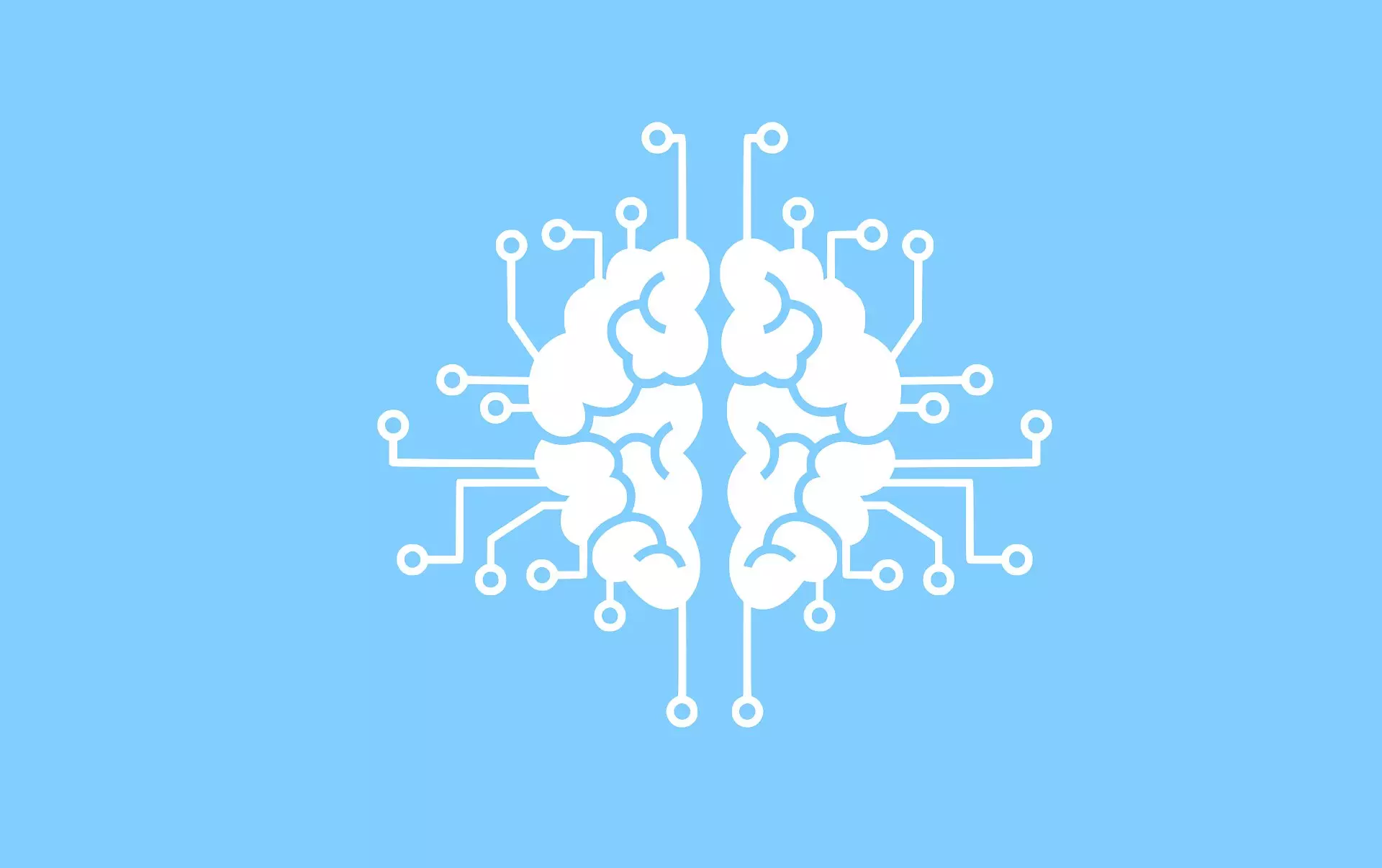The article discusses how computer scientists, particularly Associate Professor Saket Navlakha from Cold Spring Harbor Laboratory, have found a way to improve bipartite matching algorithms by drawing inspiration from biology, specifically the wiring of the nervous system. The aim is to optimize the pairing of drivers with riders in rideshare apps, similar to how neurons are efficiently connected to muscle fibers in the nervous system. This new algorithm has shown promising results in terms of efficiency and privacy preservation.
Navlakha’s approach to improving bipartite matching algorithms by mimicking the nervous system’s wiring is a novel and innovative concept. By observing how neurons compete and bid on muscle fibers to establish efficient connections, he has devised a simple yet effective algorithm that could potentially revolutionize various industries relying on such matching systems. The biological auction system in the nervous system serves as a natural optimization process that ensures every neuron and muscle fiber find an optimal partner, eliminating excess connections and minimizing inefficiencies.
The article highlights the superior performance of Navlakha’s neuroscience-inspired algorithm compared to existing bipartite matching programs. It not only produces near-optimal pairings but also reduces the number of unmatched individuals or entities. In the context of rideshare apps, this could translate to shorter wait times for passengers and increased efficiency for drivers. Moreover, the algorithm’s decentralized approach preserves privacy by eliminating the need to relay sensitive information to a central server, making it suitable for various applications beyond ridesharing.
Future Implications and Adaptation
Navlakha envisions a wide range of potential applications for the new algorithm beyond ridesharing, such as online auctions and donor organ matching. By sharing his research and algorithm, he hopes to inspire other researchers and developers to adapt and incorporate it into their tools and systems. The ability to derive valuable algorithms from the study of neural circuits demonstrates the interconnectedness of biology and computer science, opening up opportunities for innovative solutions to complex problems in artificial intelligence.
The article provides a thought-provoking analysis of how insights from biological systems can lead to significant advancements in computer science and algorithm optimization. Navlakha’s work exemplifies the potential for interdisciplinary collaboration and cross-pollination of ideas between different fields, ultimately benefiting society through improved efficiency, privacy, and algorithmic performance.


Leave a Reply